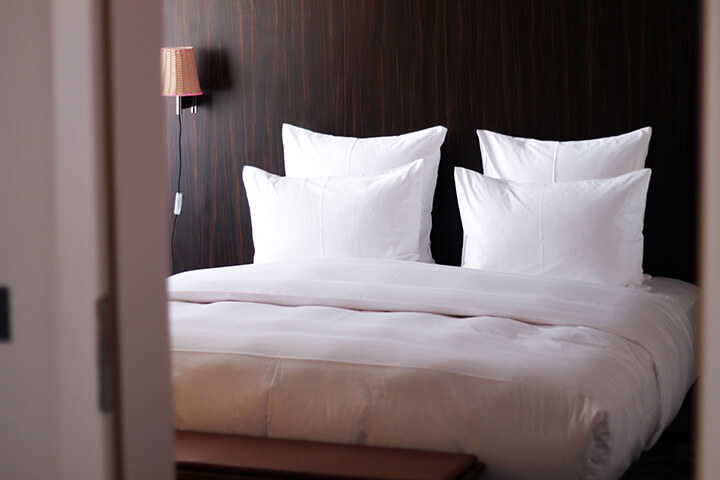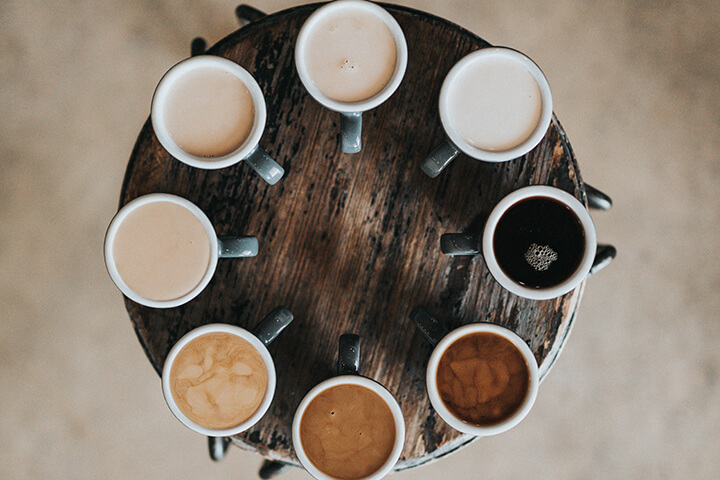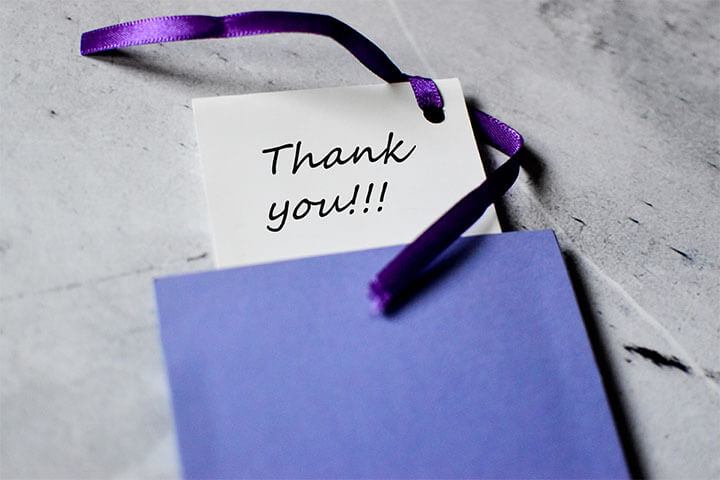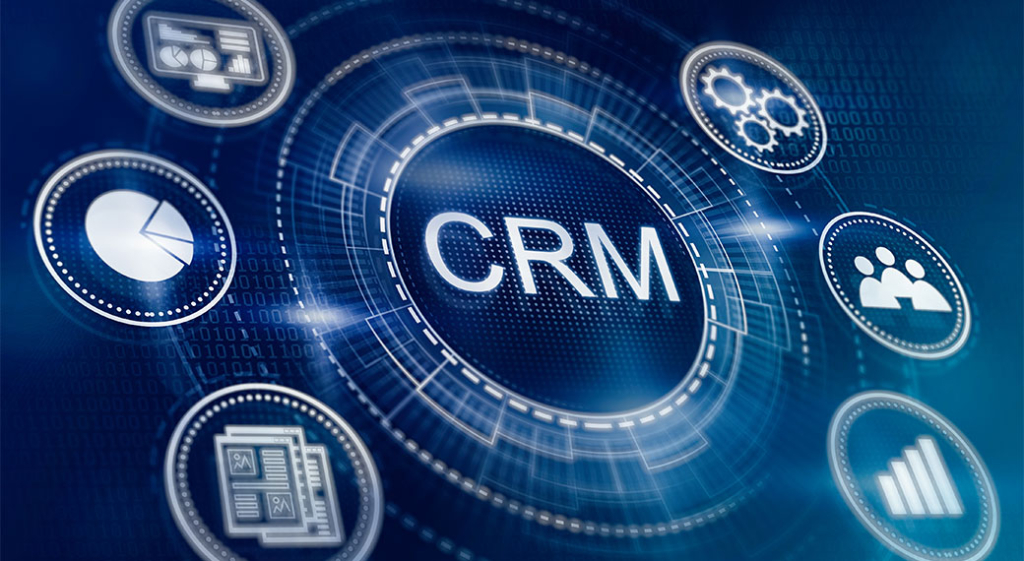According to Skift Research Hotel Tech Benchmark, as of mid-2022, only about 20% of hotels worldwide were using a CRM tool. Because this number is expected to grow in the coming years, we examined the practical benefits that CRM systems bring to the hospitality industry and why hotels need this software to compete.
What Is CRM and How Can It Benefit Hotels?

In the hospitality industry, CRM stands for Customer Relationship Management. It is a software system that helps hotels manage their relationships with guests. CRM systems can track guest interactions, preferences, and history, which can be used to improve the guest experience and increase customer loyalty.
As we noted in our article about data collection, the hospitality industry needs to innovate new ways to collect user data now that third-party cookies are canceled. And when collecting data from disparate sources, you’ll need something to manage it all, which is where CRM software comes in.
Track Guest Interactions

A CRM system can track all guest interactions, including:
- Phone calls: The CRM system can track the date, time, duration, and content of all phone calls with guests. This information can be used to identify trends in guest inquiries, such as the most common questions that guests ask.
- Emails: They can also track the date, time, sender, recipient, and content of all emails with guests. This information can be used to identify trends in guest communication, such as the most common topics that guests email about.
- Social media posts: Additionally, this type of software can track all social media posts that mention the business. This information can be used to identify trends in guest sentiment, such as whether guests are happy or unhappy with the business.
By tracking guest interactions and identifying trends and patterns in guest behavior, businesses can improve their customer service and marketing efforts. This can lead to increased customer satisfaction, loyalty, and revenue.
Understand Guest Preferences

CRM systems can be used to collect data on guest preferences and personalize the guest experience:
- Room type: A CRM system can collect data on the type of room that guests have requested in the past. This information can be used to pre-assign guests to rooms that they are likely to prefer. For example, if a guest has always requested a king-size bed in the past, the CRM system can automatically assign them a king-size bed when they make a reservation.
- Food preferences: Additionally, it can collect data on the types of food that guests have ordered in the past. This information can be used to make recommendations for restaurants or room service menus. For example, if a guest has always ordered a steak dinner in the past, the CRM system can recommend a nearby steakhouse to them.
- Activities: These software programs also collect data on the types of activities guests have enjoyed in the past. This information can be used to make recommendations for things to do and see during their stay.
Additional Guest Preference Inspiration

In addition to these specific examples, CRM systems can also collect data on a wide range of other guest preferences. This information can be used to personalize the guest experience in a variety of ways, such as:
- Sending welcome emails with personalized information about the hotel and the guest’s stay.
- Providing guests with special offers or discounts based on their past preferences.
- Making recommendations for things to do and see during the guest’s stay.
- Sending follow-up emails after the guest’s stay to thank them for their business and ask for feedback.
Collecting data on guest preferences and using it to personalize the guest experience can lead to increased customer satisfaction, loyalty, and repeat business.
Reduce Operating Cost

A study by Nimble found that hotels using CRM software can save an average of $10,000 per year on labor costs. Here are some specific examples of how CRM systems can help hotels reduce costs by automating tasks:
- Booking: A CRM system can automate the booking process by allowing guests to book rooms directly through the hotel’s website. This eliminates the need for staff to answer phone calls and process bookings manually.
- Check-in: By automating the check-in process, staff is no longer needed to check guests in manually. This saves a huge amount of time and energy. Guests can check in online or through a mobile app.
- Customer service: These software programs help hotels improve customer service by providing staff with a single view of each guest’s history. This allows staff to provide more personalized and timely service, which can lead to increased customer satisfaction.
- Reducing paperwork: Lastly, hotels can reduce paperwork by storing all guest data in a single digital system. This can save a significant amount of time and money in the long run.
By implementing a CRM system, hotels can free up staff time, improve customer service, and increase revenue.
Why Hotels Need CRM Software

Overall, CRM systems are a valuable tool for hotels. They improve the guest experience, provide better customer service, increase customer loyalty, and save money. Does your hotel use CRM software? Why or why not? Let us know in the comment section!



